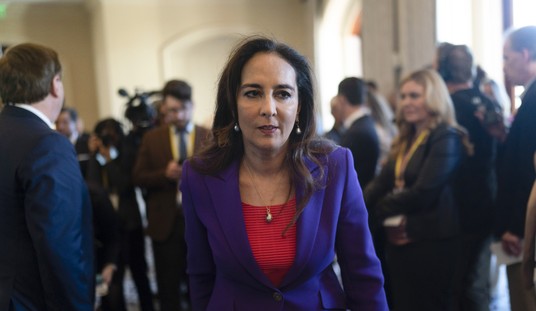James Damore, the Google engineer who was fired for a controversial memo about gender differences in tech, has finally responded with an op-ed in the Wall Street Journal. One statement is particularly interesting because it speaks to what Google actually cares about (as they’ve proven in this episode and others I’ll go into a little further down), and it’s got little to do with social justice, political correctness or not being evil. It’s their bottom line, folks:
When the whole episode finally became a giant media controversy, thanks to external leaks, Google had to solve the problem caused by my supposedly sexist, anti-diversity manifesto, and the whole company came under heated and sometimes threatening scrutiny.
Only when the memo went viral, writes Damore, and Google felt threatened by the exposure, did they act by eliminating the apostate.
So what was actually threatening to Google about Damore expressing a difference of opinion? Are they not well-regarded enough and considered progressive enough that they couldn’t tolerate a well-reasoned difference of opinion?
Another episode in Google’s relationship to free speech is instructive in understanding what threatens Google into action and it involves, of all things, the protection of internet sites from legal ramifications if laws are broken by users utilizing their sites in the way they were intended. Even if those users happen to be child sex predators.
No, really.
Our own Neil Stevens wrote a piece back in May detailing the story of Backpage.com, essentially an advertising site that has the unfortunate distinction of being heavily used by child sex traffickers to advertise young girls for abuse. Google funds several groups that support Backpage’s right to do this liability free via a section of code in a law dealing with (ironically enough) internet decency:
Backpage.com was allegedly making good money on this stuff, and even though they had no direct role in the sex slavery business, it’s argued that they should have done something to stop their business from being in the business of promoting this sort of activity. So, they’re being sued.
Backpage is arguing that Section 230 of the Communications Decency Act protects them from these suits. That may actually be true, it’s a complicated issue, and I think it’s a fine line between holding Backpage responsible for sex slavery by its users, and holding them responsible for being grossly or even willfully negligent, in order to make more profit.
Google has jumped to the defense of Backpage, bankrolling efforts to defend them. Why would they do this? Because they’re in the same boat. They’ve turned a blind eye to scams, drugs, copyright infringement, and who knows what else, in their various businesses including their lucrative ad and Youtube efforts.
In fact, according to Consumer Watchdog, a report released by a coalition challenging Google’s support of Backpage calculated that Google made serious money off the loophole in the law that keeps them safe if their users break the law:
“Section 230 has been central to Google’s stratospheric success over the past two decades,” the report said. “Partly as a result of the provision, a Harvard professor reported in 2011 that Google earned over $1 billion in revenue annually from Google advertisers posting unlawful material related to child trafficking, illegal drugs, and counterfeit goods.”
Google isn’t in the business of protecting free speech. They are in the business of protecting their bottom line. They are when it comes to the detestable practice of protecting a site that deals in child abuse and they are when they fire engineers who promote an opinion that is outside the “acceptable” opinion allowed within their company halls.
Protecting the bottom line is what businesses do. It would be nice if Google would be an honest broker for once, stop playing morality police and just acknowledge they have a profit margin to think of when making these decisions. Honesty doesn’t necessarily win you friends, but it can win you respect.
Until then, Google, you’ll simply be seen as a company that refuses to stand up for abused children and jettisons employees that think for themselves, all while lying it’s because you value free speech. And Ian Miles’ tweet here will continue to be right on the money:
Google and Facebook are monopolies that are effectively governing and censoring our right to free speech.
— Ian Miles Cheong (@stillgray) August 11, 2017














Join the conversation as a VIP Member